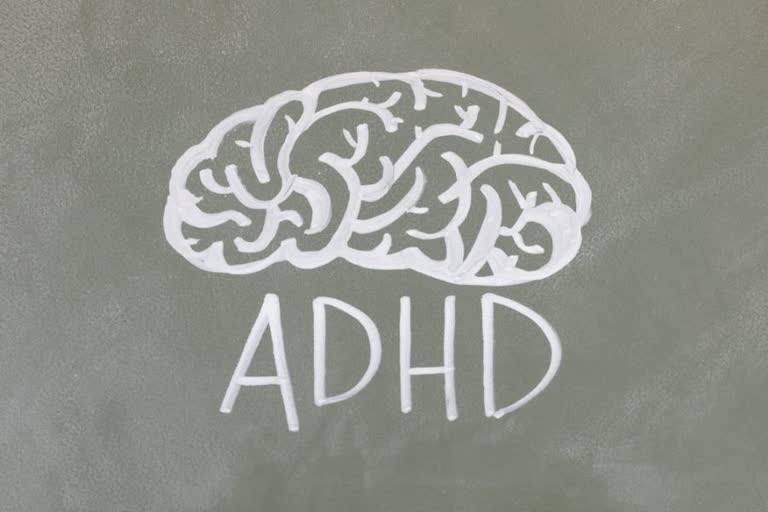Almost everything has turned virtual since the beginning of Covid-19. From offices to schools, people of all age groups are staring at screens for most of the day. While this transition may be comforting for some people, it has been challenging for people suffering from Attention Deficit Hyperactivity Disorder (ADHD).
According to the National Institute of Mental Health, people with ADHD have difficulty concentrating. They act impulsively and may have constant restlessness. On the other hand, in online meetings or classes, one has to concentrate for a long time, sitting in one place, which can be rather difficult for them.
ADHD symptoms are usually categorised under 3 categories:
- Inattention: Such people can be easily distracted, appear disorganised and may have difficulty concentrating for long periods of time.
- Impulsivity: When people have impulsive traits, they act in haste without thinking about their actions.
- Hyperactivity: ADHD sufferers have trouble staying still. They spend extravagantly and talk a lot.
These symptoms affect the attention and decision-making of a person, which is why people with ADHD may be more vulnerable to the effects of prolonged interaction with people over video calls. Frequent virtual meetings can make people with ADHD feel more tired because they have to constantly concentrate.
Challenges Faced By Children
In a study published in the Journal of Adolescent Health, an attempt was made to find out how online learning is affecting children with ADHD. The study concluded that children with ADHD find it more difficult to attend online classes as compared to normal children. The inputs were given by the parents of children suffering from ADHD, who were the subjects of the study. Following are the challenges that those children faced:
- Sitting in one place for longer hours than usual
- Fewer opportunities for group activity
- Get bored easily due to lack of enthusiasm and monotony
- Difficulty conversing with friends
- Struggling to concentrate when completing homework and schoolwork in the same environment
Challenges Faced By Adults
The research acknowledged that although there has been little research on the effects of virtual meets on adults with ADHD, they do have similar symptoms as those seen in children. Some of the challenges they faced are:
- Difficulty in sitting still
- Listening for too long
- Interruptive calls
- Struggling to maintain eye contact for long periods of time
- Feeling overstimulated
- Spending money on unnecessary things and moving around
How To Deal With It?
Research results suggest that ADHD sufferers can adopt certain strategies to manage symptoms. For example, parents can try to create as much stress-free an environment as possible. Apart from this, it is also beneficial to divide the day into learning sections and include regular breaks in the routine.
If children are taking medication for ADHD, their parents should monitor their child's behaviour and contact the doctor to update their treatment plan if needed.
On the other hand, adults with ADHD can use a sponge ball or sit in a revolving chair to lessen the feeling of restlessness. If possible, do the virtual meeting on a big screen like a TV or a large monitor, so that one can roam around in the room.
Researchers suggest that people with ADHD can discuss a treatment plan with a doctor or mental health professional to cope with this condition. This may include medication, psychotherapy, and complementary health strategies.
Also Read: Just 10% Of Kids With ADHD Outgrow It: Study



